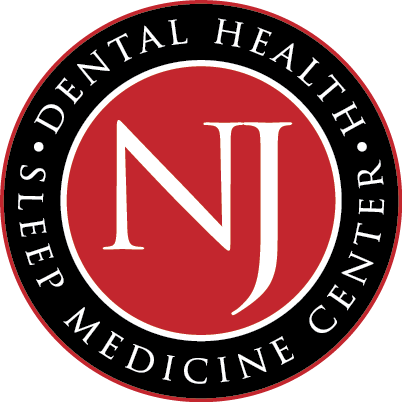Understanding a Debilitating Disorder
Obstructive sleep apnea (OSA) is a common disorder in which you have one or more pauses in breathing or shallow breaths while you sleep. If the sleep apnea is obstructive sleep apnea, breathing stops when tissue in the back of the throat collapses and blocks the airway, reducing the amount of oxygen delivered to all of your organs — including your heart and brain. As a result, the quality of your sleep is poor, which makes you tired during the day. Sleep apnea is a leading cause of excessive daytime sleepiness and is linked to many medical conditions that have serious health consequences.
People with sleep apnea may snore loudly and stop breathing for short periods of time. When the blood-oxygen level drops low enough, the body momentarily wakes up. It can happen so fast that you may not be aware you woke up. This can happen hundreds of times a night, and you may wake up in the morning feeling fatigued.
Signs of Sleep Apnea:
- Unintentionally falling asleep during the day
- Sleep that is not refreshing
- Fatigue-insomnia
- Waking from sleep with a choking sound or gasping for breath
- Loud snoring
- Morning headaches and fatigue
- Irritability and mood disorders
- Depression
- Decreased sex drive
- Impaired concentration
- Weight gain
- Difficulty losing weight
Here are some tips for you,
http://sleepeducation.org/essentials-in-sleep/healthy-sleep-habits
If you have any of these symptoms, you might have sleep apnea. For many patients diagnosed with sleep apnea, an oral appliance is the therapy of choice. For others who have been prescribed CPAP therapy but are unwilling or unable to tolerate it, an oral appliance therapy (OAT) is the next option to consider.
Oral Appliance Therapy (OAT) is indicated for you if:
- You suffer from Primary Snoring or Mild to moderate OSA
- You suffer from moderate to severe OSA and are intolerant of or refuse treatment with nasal CPAP
- You are able to tolerate a nasal CPAP for a part of the night. OAT would be an option for the remainder of the night
- You have been recommended a form of combination therapy
- You prefer to use an OSA when you travel even though you can tolerate CPAP therapy
- Increase the risk of high blood pressure, heart attack, stroke, obesity, and diabetes
- Increase the risk of, or worsen, heart failure
- Make arrhythmias (ah-RITH-me-ahs), or irregular heartbeats, more likely
- Increase the chance of having work-related or driving accidents
- Cause excessive daytime sleepiness
- Contribute to memory loss

Call Us
Please call our Westfield dental office to schedule your sleep apnea screening today!


